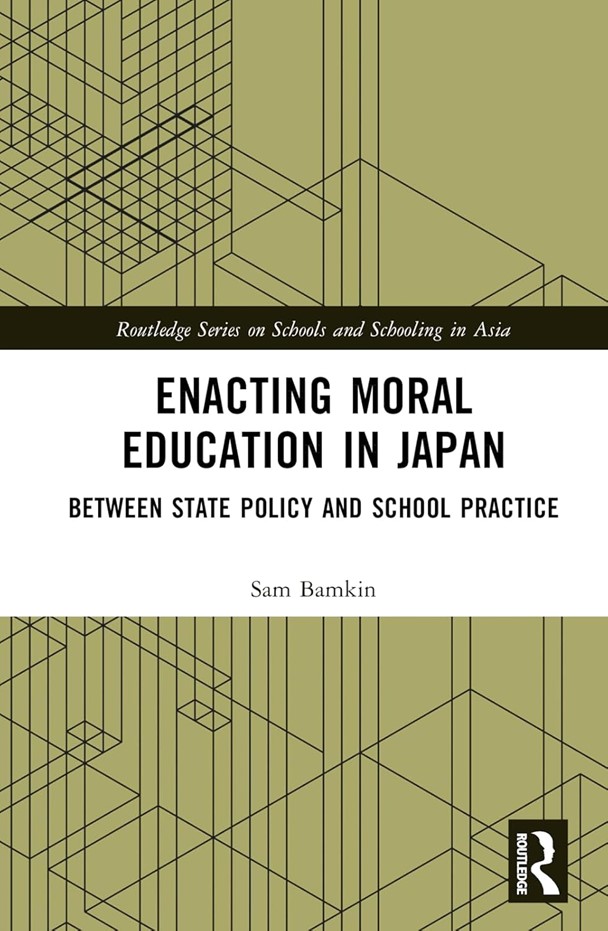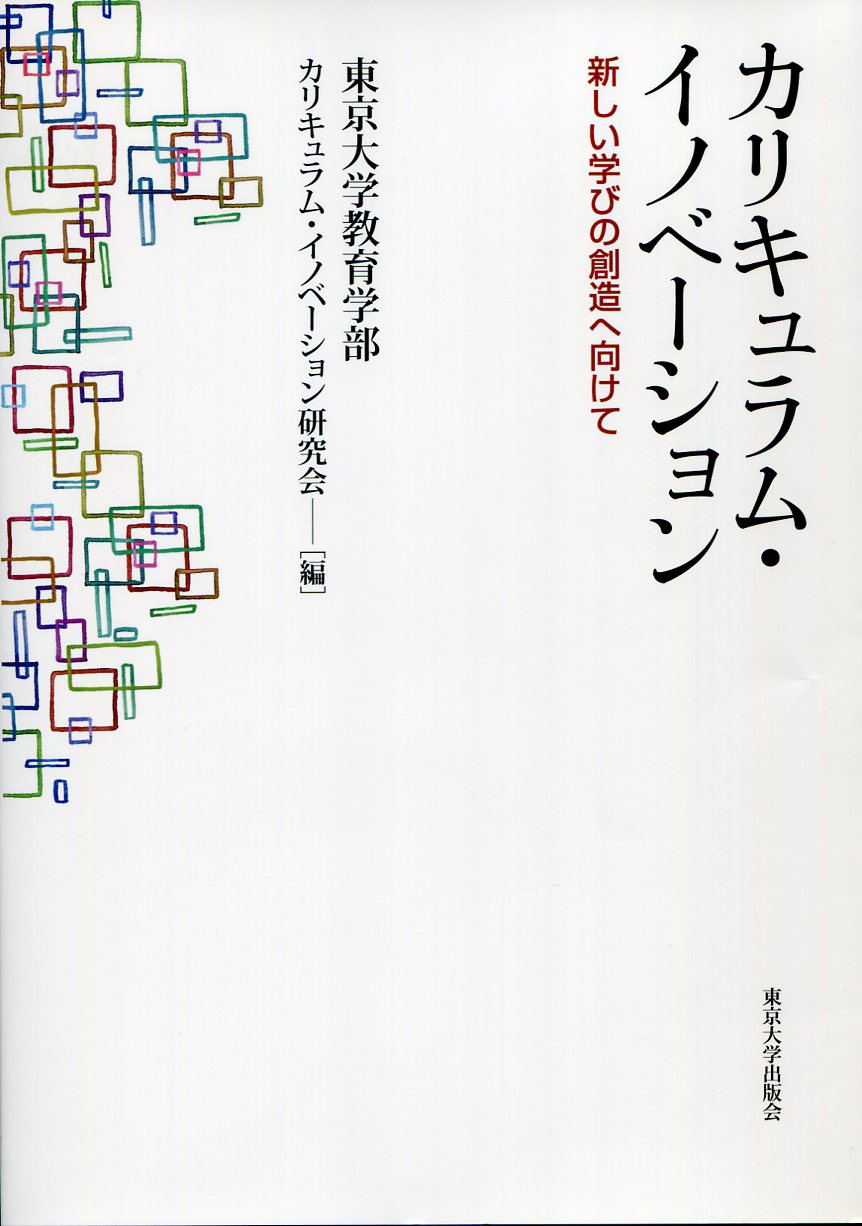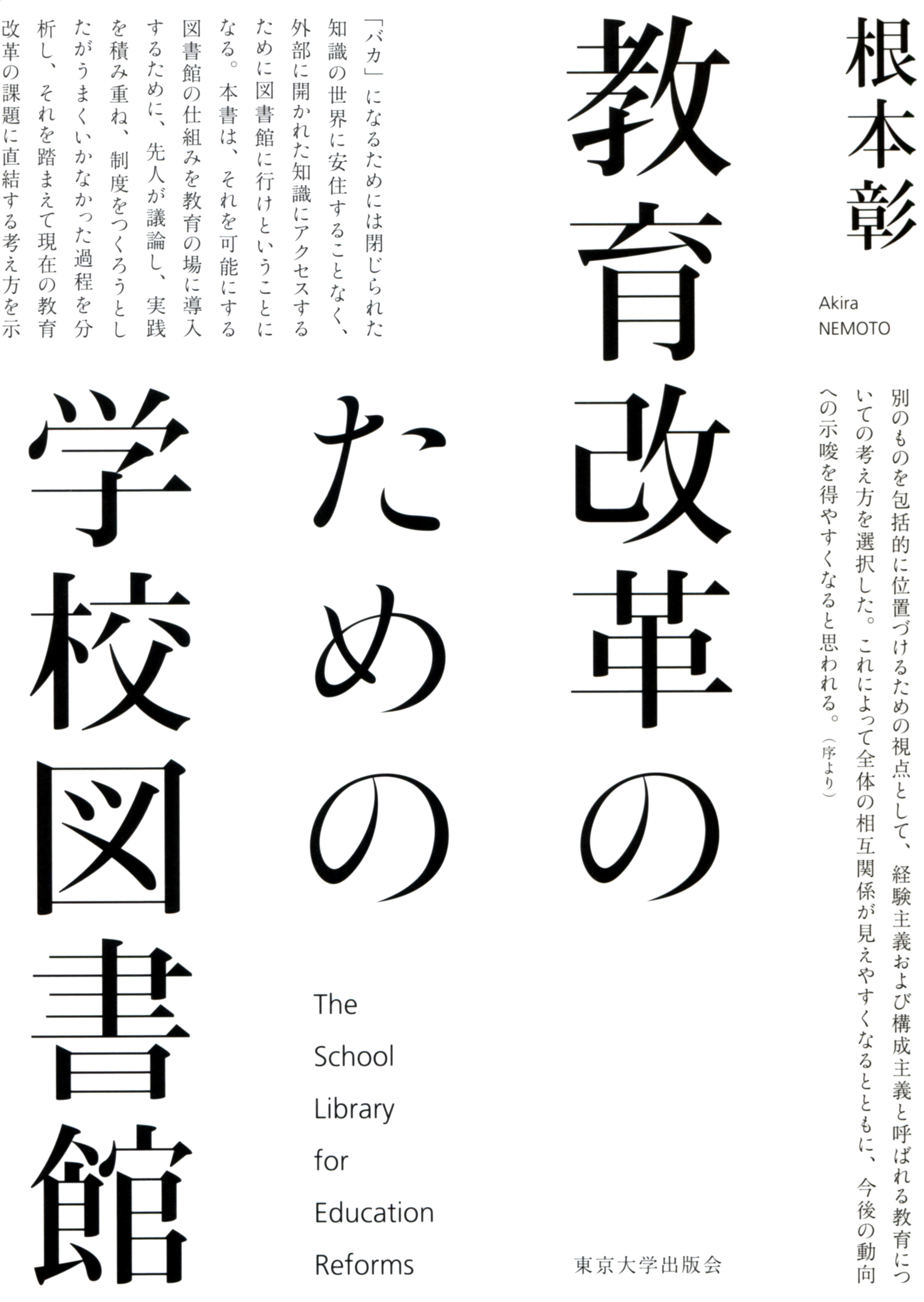
Title
Routledge Series on Schools and Schooling in Asia Enacting Moral Education in Japan Between State Policy and School Practice
Size
264 pages
Language
English
Released
March 15, 2024
ISBN
9781003125471
Published by
Routledge
Book Info
Japanese Page
In Japan, as elsewhere, national education policy cannot be simply implemented in schools. Rather, teachers enact policy as they make sense of it and ‘translate’ it into practice. In the Japanese context, it has long been suggested that high-level written policy, once promulgated, can be mediated by the policy work of practitioners on the ground. However, little is known about these processes that occur between state policy and school practice in contemporary Japan.
Such questions have become more pressing since the turn of the millennium. Administrative and election reforms in Japan have empowered the central government, particularly the office of the prime minister, to write education policy without concern for ‘factional’ intra-party wrangling. Simultaneously, the decline of opposition politics and unions has continued, and policymaking has become mobile. Commentators suggest that the Ministry of Education has lost ground through this reconfiguration in respect to both the central government and local government, though its position in this new policymaking process remains understudied. Moreover, with one exception, numerous decades have passed since the last contentious curriculum reforms were fought below the level of national government. Teachers were historically described as organized, ideologically driven, and anti-government. However, there has been little opportunity to test the strength of these assertions in recent decades, and the positions of teachers and school administrators in relation to curriculum policy is ripe for reconsideration.
It was in this new policymaking context that moral education underwent its most significant reform since its (re)introduction into the Japanese national curriculum in 1958. As part of a suite of nation-building policies implemented mainly by the Abe administrations, and on the heels of the controversial 2006 revision to the Fundamental Law of Education, high-level policy worked to ‘strengthen’ moral education. The reform attracted criticism in the Left-leaning press and in the scholarly community, who charged the government with the subordination of individual rights and democracy in pursuit of a statist dream. Teachers and educators perceived the strengthening of moral education as being motivated by nationalism. However, any strong response from teachers was largely muted. It is unclear whether this signifies a less autonomous teaching force, agreement with the resulting curriculum, acquiescence, or confidence in the ability of actors on the ground to ameliorate disagreeable aspects. Current research on moral education is largely silent on questions of practice, relying instead on policy documents. This approach rests on an implicit assumption that policy is implemented as intended. Theory developed in other contexts cautions against this assumption.
This study follows one trajectory of policy, that of the 2015 moral education reform, from its genesis in central government, through the Ministry of Education to its enactment by local government and schools. It looks beyond written policies, curricula and textbooks to examine how teachers, school administrators and other actors translate policy into practice. Whilst doing so, it provides the first methodical examination of moral education practice in Japan’s schools, in either English or Japanese. Readers interested in moral education practice will find a new perspective on its complexity and its relationship to policy.
More importantly, the case of moral education is leveraged to shed light on the micro-processes of education policy enactment in Japan, how reform happens both after and before the promulgation of written policy. The case provides a generative window through which to examine the enactment of curriculum reform because of its long political history, the process by which it was formulated and the content of the policy. The primary audience of this book will be scholars of education policymaking and educational administration, in the Japanese and comparative contexts.
This book examines (1) how moral education has changed in practice in reference to the intentions of national policy, (2) how teachers and school administrators in Japan make sense of and enact moral education reform in the local context, (3) what other actors are involved in translating curriculum policy into practice and how they operate, and (4) the implications for understanding processes of policy enactment, in reference to the Japanese education system. The study fills in some of the gaps between policy and practice, illustrating the contributions of actors who are often overlooked and the interactions between them. It aims to provide a more thorough account of how policy is enacted between state policymaking and school practice through the case of moral education reform.
(Written by Sam Bamkin, Assistant Professor, Center for Global Education / 2024)
Table of Contents
1. History, Politics and the Changing Policymaking Processes
2. The Disjoint Between Research on Policy and Research on Practice
3. Policy Evolution Through the Ministry
4. Making Textbooks for a 'New' Subject
5. Constructing a Baseline on Classroom Practice
6. Making Sense of Curriculum Content in the School
7. Enacting Pedagogy in the school
8. Translating Policy in(to) the School
9. Policy Enactment in Japan
Related Info
https://doi.org/10.4324/9781003125471
Book Reviews:
"With a lengthy history of controversy within Japanese education, moral education was elevated to the status of a 'special subject' in March 2015. The author delves into not just the policymaking behind this change, but also its enactment at the local and school levels. The investigation reveals a multitude of noteworthy discoveries, foremost among them being the pivotal roles played by 'expert practitioners' owing to their well-versed understanding of the domain. Undoubtedly, this book stands as a commendable contribution to research on education policy and the study of moral education in the Japanese context."
- Masaaki Katsuno, Dean of the Graduate School of Education, The University of Tokyo, Japan.
"Sam Bamkin’s historically-informed ethnography gives the lie to some of the recent rather over-excited commentary about the introduction of a new – often described as ‘nationalistic’ - moral education curriculum in Japan. By skilfully delineating the multiple levels involved in implementing the new curriculum – from the Prime Minister to the classroom teacher – and demonstrating the multiple positions taken by actors within each level, he has begun to develop a new ‘theory of enactment’ which provides a very useful model for other areas of policymaking not just in Japan but elsewhere."
- Roger Goodman, Nissan Professor of Japanese Studies, University of Oxford.
"Moral education in Japan attracts feverish attention across the political spectrum. Sam Bamkin's outstandingly researched book sheds much-needed light on its realities, from policy to classroom practice."
- Peter Cave, Senior Lecturer in Japanese Studies, University of Manchester.
"This book aims to reframe the educational reform concerning moral education in Japan. Instead of viewing it as a one-way execution of policies from the central government to schools, it portrays it as an interactive process involving various actors, including school teachers, the board of education, and moral education experts. Through Bamkin's meticulous examination of this interactive process, we can rediscover that school teachers are not mere executors of policies from the central government but creative agents who generate diverse educational practices based on new values in their interactions with children and colleagues."
- Hiromichi Kato is an Associate Professor at the Graduate School of Education, Hokkaido University, Japan.
Lecture:
TCJS Book Talk Series (UTokyo Center for Contemporary Japanese Studies Feb 1, 2024)
https://www.u-tokyo.ac.jp/focus/en/events/z0707_00060.html
Video Clip:
Introduction to School Education in Japan/Asst. Prof. Sam BAMKIN [UTokyo GUC 2025] (UTokyo Global Unit Course | YouTube Feb 13, 2025)
https://www.youtube.com/watch?v=V5Hqn7TWoKE



 Find a book
Find a book


 eBook
eBook

